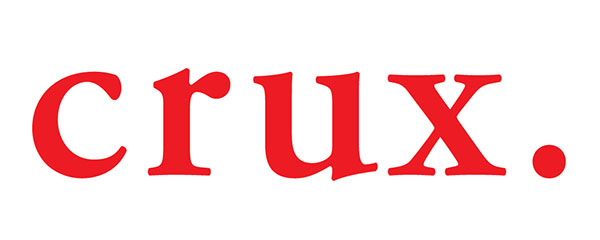Patrick Mahomes needs no introduction. Both a Super Bowl champ and MVP, he’s led the Kansas City Chiefs to some incredible wins and made some unbelievable plays. But do you think he’d have been as successful without the Chiefs’ strong culture AND a great playbook?
We’ve all heard that famous Peter Drucker quote, “Culture eats strategy for breakfast.” It’s a bold statement that implies culture is the single most important factor in an organization’s success. While it’s true that culture plays a significant part in shaping high-performing teams, it takes the combined power of a thriving culture and a robust strategy to win.
The power of workplace culture
Company culture is so much more than just team bonding activities and happy hours (though we do love kicking back with a bottle of bubbly every now and again). Culture in the workplace can actually be much more powerful than just a morale-booster; it can unify members of an organization under the umbrella of shared attitudes, practices and values. Aanya Rose writes in Arizona Central:
“A stable culture, one that will systematically support strategy implementation, is one that fosters a culture of partnership, unity, teamwork and cooperation among employees. This type of corporate culture will enhance commitment among employees and focus on productivity within the organization rather than resistance to rules and regulations or external factors that prohibit success.”
Google, Microsoft, HubSpot—there are no shortage of companies that tout a strong culture as a part of their success. And that successful culture goes beyond the superficial to what Glassdoor refers to as the Big 9 Cultural Values: agility, collaboration, customer, diversity, execution, innovation, integrity, performance and respect.
The Chiefs were trailing the Houston Texans by 24 points in the AFC Divisional game when Mahomes stood in front of the bench and motivated his team mates to “do something special.” This critical moment highlights the incredible culture both within leadership and within the Chiefs organization, rallying the players for a historic 51-7 run to win the game and advance to the Super Bowl.
Culture is about the way employees act in critical situations, how they manage pressure, how they treat customers and how they treat one another. Each of these values play into a larger picture, and they’re imperative to effectively carrying out a winning strategy.
Enter strategy
Some call it a game plan; others, a road map.
A strategy, by definition, is a long-term plan of action to achieve an overarching goal. Your strategy can and should include how you plan to spend your money, your lines of service, what markets you want to be in and how you plan to turn profits. Nirmala Reddy shares in Forbes:
“A strategy is solid when all the assumptions you make at the time of its creation have been validated and tested for accuracy, and the decisions you’ve made can be presented with clear facts and evidence. It is important to ensure that your strategy aligns with your company’s objectives, the type of business that your organization does and is known to do and the environment in which you plan to thrive.”
Your success starts and ends with that road map, and it’ll take the buy-in of your entire team to get you from point A to point B. Your marketing strategy works the same way. Social media, branding, search engine optimization and eye-catching collateral are all important tactics that feed into a greater marketing strategy to create awareness in the marketplace and, ultimately, win business. And when these strategic goals are baked into your organization’s culture, there’s no losing.
Culture + strategy = playing to win
Every win in sports is earned through a strong playbook that involves a variety of people in different roles. The Chiefs didn’t just land at the Super Bowl; they had a strategic vision, they put the correct coaches and players in the right positions, and they worked tirelessly to bring home that Lombardi Trophy.
Similarly, your culture should breed brand evangelists who share your desire for success, your sales and marketing teams should support your strategic vision, and meeting your clients’ needs should be at the center of it all.
MVPat may have been at the helm of the ship in February, but the glory the Chiefs’ championship win will always belong to Kansas City. With the right culture and strategy in place, your internal team can become your organization’s “12th man,” cheering you on to victory.
Melea McRae is helping businesses chart a successful path at Kansas City’s first “un-agency.” Are you ready to build your marketing playbook? Connect with Melea on LinkedIn or share your thoughts on Facebook or Twitter.


